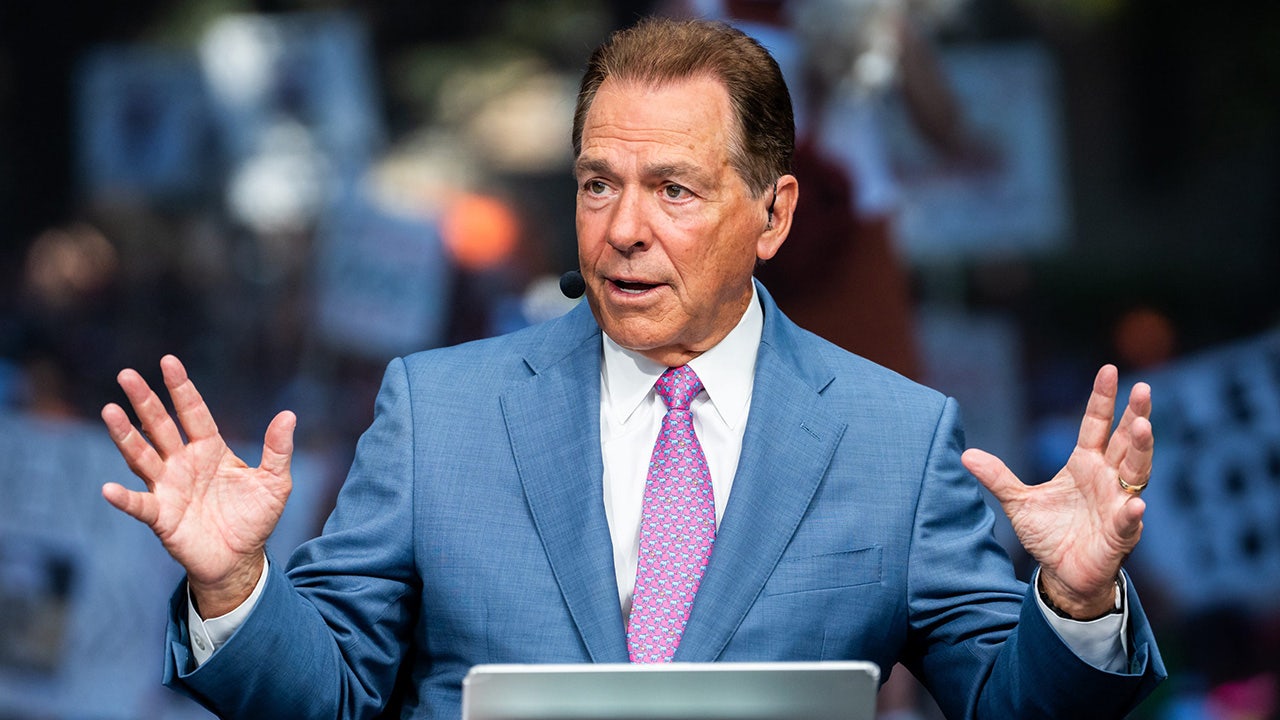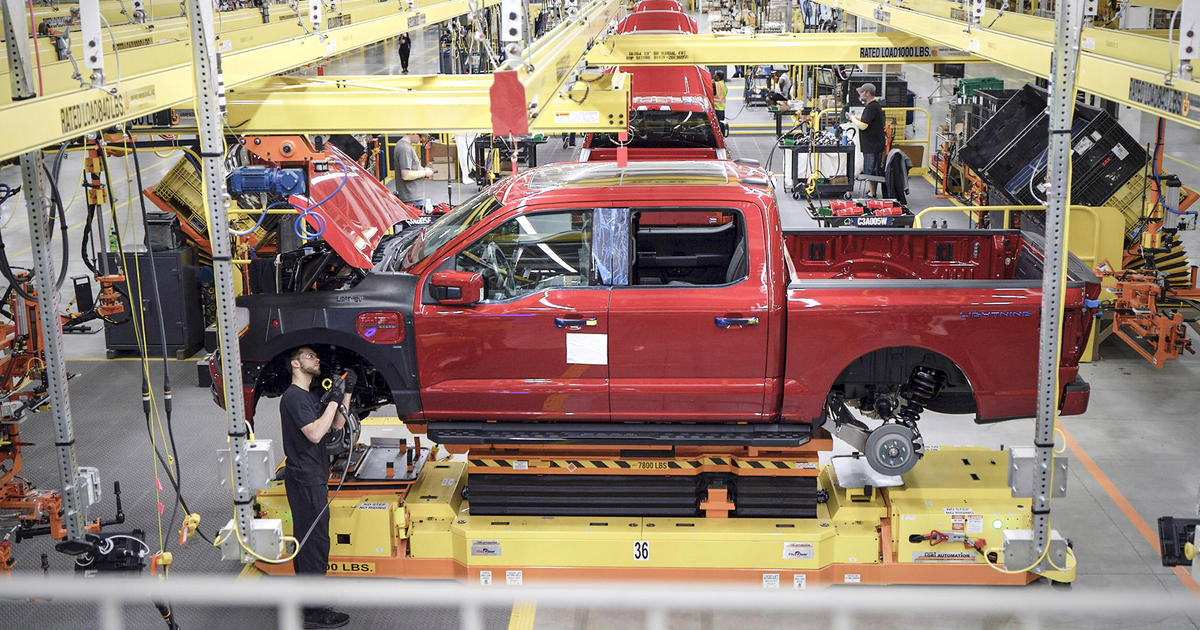Ford Motor said it will resume manufacturing its F-150 Lightning this month after first reporting weeks ago that something was wrong with the vehicle’s battery.
The production restart begins March 13, Ford spokeswoman Emma Bergg said in a statement Thursday.
The Michigan automaker spotted a battery issue during a pre-delivery quality inspection and began investigating the cause. Ford said it worked with Sk On, the South Korean company that makes the Lightning’s battery, and figured out the issue — although it did not disclose the specific problem.
“In the weeks ahead, we will continue to apply our learnings and work with SK On’s team to ensure we continue delivering high-quality battery packs – down to the battery cells,” Bergg said.
SK On is building a modified version of the Lightning’s battery, which is destined for Ford’s Rouge Electric Vehicle Center in Dearborn, Michigan. F-150 Lightnings that have already been made will wait at the production plant until updated batteries arrive, Bergg said.
The company has not reported issues with batteries in its other electric or hybrid vehicles.
Ford is betting big on the F-150 Lightning, investing millions of dollars on a new facility for a vehicle that’s already been named the 2023 MotorTrend Truck of the Year. The company said it hopes to bring 600,000 Lightning trucks to the market this year.
Since the electric truck’s release last May, Ford has sold 15,617 of the vehicles, according to the most recent company data. It hit a monthly sales record last October, selling 2,436 Lightnings that month.
Snags in the global supply chain have kept Ford and other automakers from rolling out as many electric vehicles as they’d like in recent years. In 2021, Ford estimated it lost between $1 billion and $2.5 billion in sales because it couldn’t get enough semiconductor chips. Semiconductor shortages are still impacting the automotive sector and car prices that customers see at the dealership, but are less severe than a couple years ago, industry analysts said.
Ford raised the price of the F-150 Lightning in October as it sought to offset rising manufacturing costs. Other automakers also hiked the cost of their EV lines — including Rivian, GM and Tesla — amid surging metal prices and higher costs for components like lithium, which is used to make batteries.
Ford’s stock rose 1.8% in trading Thursday, ending at about $12.50 a share.
























1734954217-0/T-Edit-article-images-(1)1734954217-0.jpg)






















